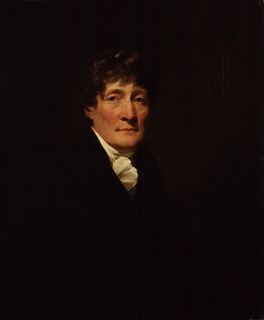A Quote by Jean de la Bruyere
It is better to expose ourselves to ingratitude than to neglect our duty to the distressed.
Related Quotes
You know, that man has a spirit, that each man and woman is unique, that we have duty to promote our unalienable rights and to protect them, that we have a duty to our families and ourselves, to take care of ourselves, to contribute to charity, that we have a duty to support a just and righteous law that is stable and predictable.
We live in an age disturbed, confused, bewildered, afraid of its own forces, in search not merely of its road but even of its direction. There are many voices of counsel, but few voices of vision; there is much excitement and feverish activity, but little concert of thoughtful purpose. We are distressed by our own ungoverned, undirected energies and do many things, but nothing long. It is our duty to find ourselves.
We have devoted ourselves to the government and extension of the Church, and, among other objects, we have conceived it to be our duty to foster especially literature and the fine arts ... next to knowledge and true worship of the Creator, nothing is better or more useful to mankind than such studies.
Kant does not think there is anything wrong with being beneficent from sympathy. He thinks we have a duty to cultivate sympathetic feelings by participating in the situations of others and acquiring an understanding of them. He thinks we also have a duty to make ourselves into the kind of person for whom the recognition that something is our duty would be a sufficient incentive to do it (if no other incentives were available to us). That's what he means by "the duty to act from the motive of duty".
A sense of duty pursues us ever. It is omnipresent, like the Deity. If we take to ourselves the wings of the morning, and dwell in the uttermost parts of the sea, duty performed or duty violated is still with us, for our happiness or our misery. If we say the darkness shall cover us, in the darkness as in the light our obligations are yet with us.









































